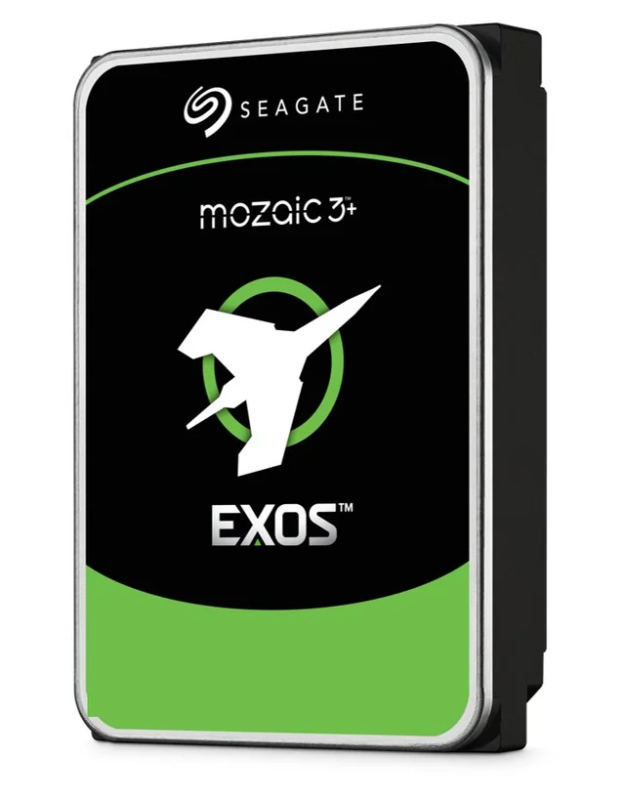——Data storage company Seagate is working to develop a 100TB hard drive by 2030, a company executive revealed on Wednesday, as demand for the 70-year-old technology surges in data centers amid the artificial intelligence boom. Seagate Chief Commercial Officer BS Teh said in an interview that the company aims to launch such a drive by 2030, which will have three times the capacity of the company’s existing top-of-the-line hard drives.

The largest hard drive Seagate currently makes is the 36TB Exos M model launched in January.
“You might think, ‘Who would need that?'” Teh said, referring to the 100TB hard drives. “Well, there are a lot.”
“I think demand is definitely strong,” he added, “and that’s a key enabler for the industry to be able to deliver the storage capacity that the market needs because there is no other technology that can produce the capacity to meet the growth in market demand.”
Seagate has been positioning itself as an AI player in recent years, following the rise of foundational models developed by companies such as OpenAI, Microsoft and Google. In the computer hardware market, the AI boom has largely benefited companies such as Nvidia, which produces the graphics processing units (GPUs) needed to train and run AI models.
These models require large amounts of data to train and make the quality of AI output more advanced. Earlier this year, Microsoft said it expects to spend $80 billion on data centers in the fiscal year ending June 2025.
But the boom in data centers also has an impact on the environment because they require huge amounts of electricity to run.
According to the International Energy Agency, a ChatGPT query consumes an average of 2.9 watt-hours per request — nearly 10 times the amount of electricity required for a typical Google search — meaning that if ChatGPT were used for the 9 billion internet searches per day, it would require nearly 10 terawatt-hours of additional electricity per year.
Teh explained that Seagate is working to address climate issues around AI’s energy needs by increasing the storage density of hard drives and ensuring their manufacture is based on renewable energy.
“We focus on what we can influence, and what we can influence comes down to how we make our products in a sustainable way,” Teh said. “Our goal is to ensure that all of our factories use renewable energy to make our products.”
He added: “In terms of the product itself, we designed it to be less power per terabyte, or more dense on the device itself, so that when you actually integrate that product into a data center, you need less space, less power, less everything because you’re using fewer drives to achieve that capacity.”
It’s worth stressing that Seagate faces competition from other technologies, notably solid-state drives, which use flash memory chips rather than magnetic platters to store electronic data. However, Teh insisted that hard drives are a “more sustainable device technology” than solid-state drives in terms of carbon content.



Sent an Inquiry
Your information will not be published. Required fields are marked *